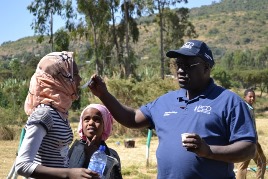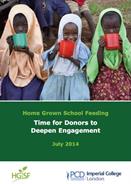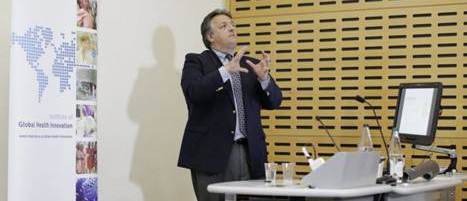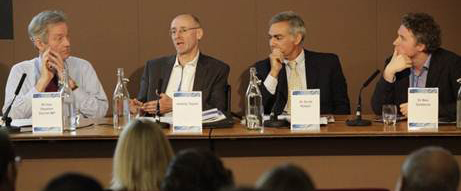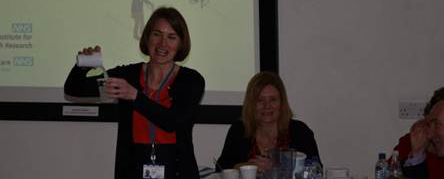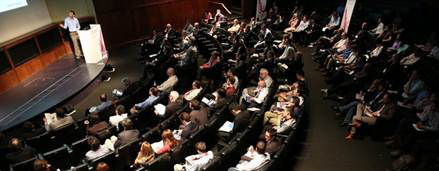The Faculty is delighted to report the outcome of the third annual Networks of Excellence competition to foster collaborative biomedical research endeavours across the Faculties of Medicine, Engineering, Natural Sciences and the Business School. The scheme is supported by the Wellcome Trust Institutional Strategic Support Fund (ISSF) and comprises matched funding from the College; a total fund in excess of £900K was made available to support novel, interdisciplinary biomedical research. The Networks of Excellence scheme provided funding to support: pilot or feasibility work for high risk projects,collaborative cohesion, testing or development of new methods,or proof of concept studies. Funding was available for all research within the Wellcome Trust remit; proposals addressing interdisciplinary research in infectious diseases, medical imaging, and diabetes/metabolic medicine were particularly encouraged.
Applications were assessed by the Cross-College ISSF working group, chaired by Professor Simon Taylor-Robinson, and shortlisted applications considered for funding by the Vice Provost (Research) with the Cross-College Research Proposal Review Group. The Chair was delighted with the high quality of the 46 interdisciplinary applications received. Examples of the breadth of funded proposals include: ‘Visualising bacterial infection in adult zebrafish with novel infrared protein fluorophores’ (Ulijasz), ‘Reducing health impacts from excess sodium intake in coastal SE Asia using novel water treatment technologies’ (Butler), ‘Targeted nanoparticles for preclinical diagnostic imaging of Parkinson’s disease’ (Dunlop), ‘Using Functionalised Nanorods in Theranostics’ (Wilton-Ely).
The investigators who will receive awards of up to £100,000 are:
Dr Adrian Butler (PI), Professor Paolo Vineis, Dr Simon Buckle, Professor Matin Ahmed, & Dr Dewan Alam (Department of Civil & Environmental Engineering, School of Public Health, Grantham Institute for Climate Change, University of Dhaka, International Centre for Diarrhoeal Disease Research)
Dr James Choi (PI), Professor Justin Stebbing, Dr Adrian Lim, & Dr Mengxing Tang (Departments of Bioengineering, Surgery & Cancer, and Medicine)
Professor Justin Cobb (PI), Dr Victoria Manning, Dr Patrick Naylor, Mr Toni Castells-Delgado, Dr Edouard Auvinet, Ms Michela Zanotto (Departments of Surgery & Cancer and Electrical & Electronic Engineering and School of Professional Development)
Dr Iain Dunlop (PI), Professor David Dexter, Dr Alexandra Porter & Dr Roberto Fiammengo (Departments of Materials and Medicine plus Italian Institute of Technology)
Dr Ben Glocker (PI), Professor Daniel Rueckert, Professor Andrew Davison, Mr Philip Noonan, Professor Roger Gunn, & Professor Nicholas Peters (Department of Computing, Imanova Imaging Centre, and National Heart & Lung Institute)
Professor Nicholas Peters (PI), Professor Kim Christensen, Dr Daniel Rueckert, Professor Spencer Sherwin, Dr Prapa Kanagaratnam, Dr Phang Boon Lim, & Dr Fu Siong Ng (National Heart & Lung Institute, Departments of Electrical & Electronic Engineering, Computing, and Aeronautics)
Professor Robin Shattock (PI), Dr Cleo Kontoravdi , Dr Karen Polizzi, Dr Stuart Haslam, Dr Paul McKay, & Dr Eric Arts (Departments of Medicine, Chemical Engineering, and Life Science plus Case Western Reserve University)
Dr Paul Strutton (PI), Professor Alison McGregor, Professor David Sharp, Professor Andrea Rockall, Dr Ben Glocker, & Dr Rex Newbould (Departments of Surgery & Cancer, Medicine, and Computing)
Dr Andrew Ulijasz (PI), Professor Paul French, Professor Maggie Dallman, & Dr James McGinty (Departments of Medicine, Physics, and Life Sciences)
Dr Chris Wadsworth (PI) & Professor Richard Syms (Department of Medicine and Electrical & Electronic Engineering)
Dr James Wilton-Ely (PI), Professor Tony Cass, & Dr Dan Elson (Departments of Chemistry and Surgery & Cancer)
Dr Fang Xie (PI), Professor Eric Aboagye, Professor Mary Ryan, & Dr Alexandra Porter (Departments of Materials and Surgery & Cancer)
Dr Kimberley Trim
Research Strategy Officer
Faculty of Medicine
Read ISSF Networks of Excellence Scheme Awards Funding to 12 projects in full
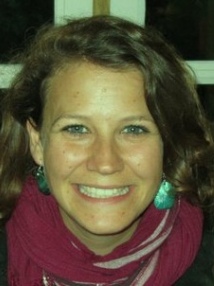 Poppy Lamberton was recently shortlisted for The Women of the Future Awards – the largest national search for exceptionally talented women, which unearths the next generation of high-flying women across nine industries, including technology, media, business, arts and science. Poppy, a Junior Research Fellow in the Department of Infectious Disease Epidemiology, was shortlisted for the 2014 Science category. Poppy works on neglected tropical diseases, which are often endemic in the world’s poorest rural and urban communities. Her research currently focuses on parasitic infections such as Bilharzia and River Blindness, with the aim to maximize the success of treating populations in Africa. Poppy’s research utilizes field epidemiological data, laboratory experiments and population genetics to understand parasite population structure, transmission dynamics and the effects of long term mass drug administration programmes. Poppy is also passionate about public engagement with science, talking at a range of schools and working closely with STEM and the Natural History Museum on events such as Science Uncovered and Nature Live.
Poppy Lamberton was recently shortlisted for The Women of the Future Awards – the largest national search for exceptionally talented women, which unearths the next generation of high-flying women across nine industries, including technology, media, business, arts and science. Poppy, a Junior Research Fellow in the Department of Infectious Disease Epidemiology, was shortlisted for the 2014 Science category. Poppy works on neglected tropical diseases, which are often endemic in the world’s poorest rural and urban communities. Her research currently focuses on parasitic infections such as Bilharzia and River Blindness, with the aim to maximize the success of treating populations in Africa. Poppy’s research utilizes field epidemiological data, laboratory experiments and population genetics to understand parasite population structure, transmission dynamics and the effects of long term mass drug administration programmes. Poppy is also passionate about public engagement with science, talking at a range of schools and working closely with STEM and the Natural History Museum on events such as Science Uncovered and Nature Live.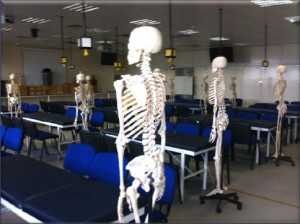
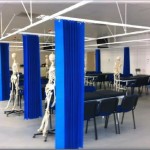

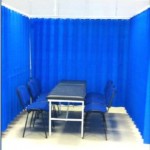

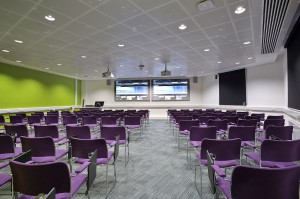
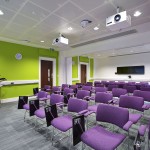
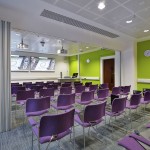

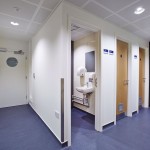

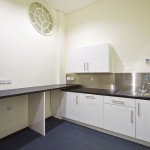

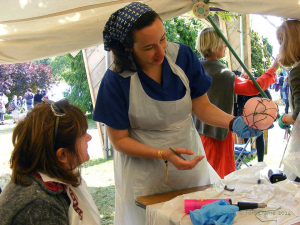
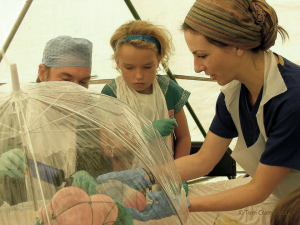
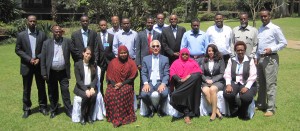
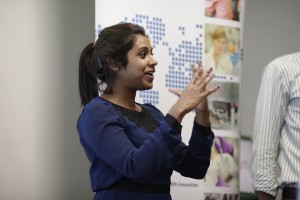
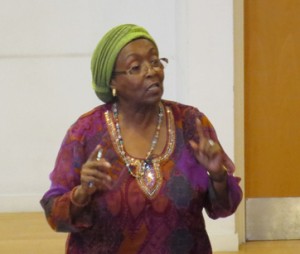
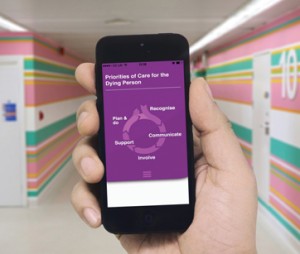
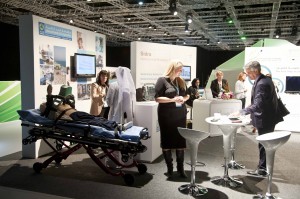
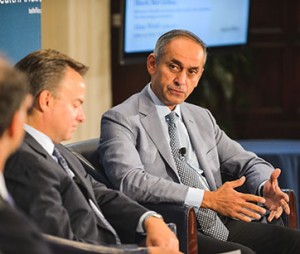
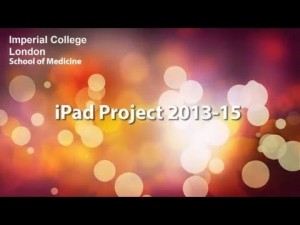
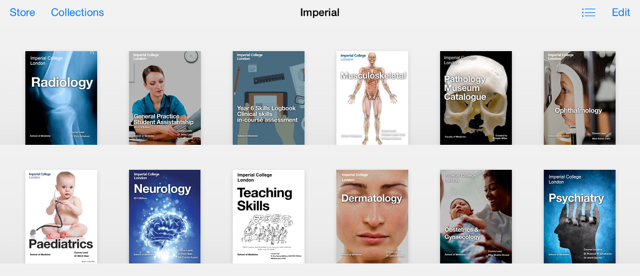
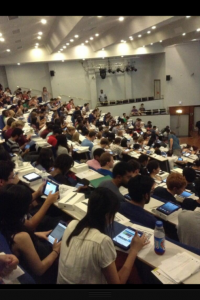
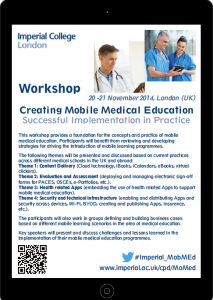






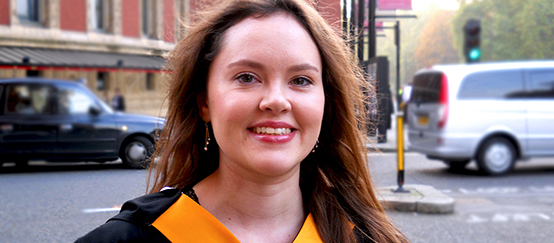
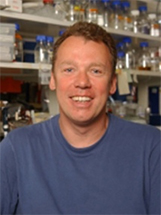
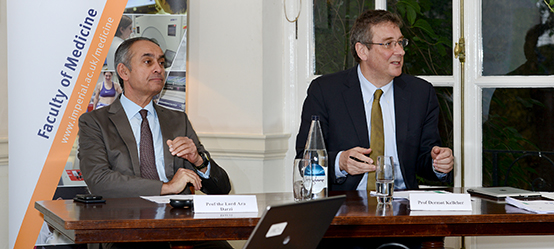
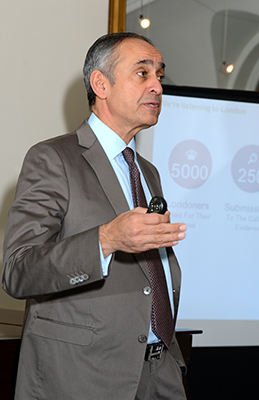 Professor Darzi commented on groups in London with different care needs which need to be addressed (physical, mental and social needs) and strongly believes that the London Health Commission presents a unique opportunity to bring together health, local government, NHS and commissioners for the benefit of the population. Examples of suggested initiatives likely to impact on the health of Londoners if introduced include improving access to primary care , rewarding active travel rather than relying on public transport and potentially designating parks as a smoke free zone.
Professor Darzi commented on groups in London with different care needs which need to be addressed (physical, mental and social needs) and strongly believes that the London Health Commission presents a unique opportunity to bring together health, local government, NHS and commissioners for the benefit of the population. Examples of suggested initiatives likely to impact on the health of Londoners if introduced include improving access to primary care , rewarding active travel rather than relying on public transport and potentially designating parks as a smoke free zone.